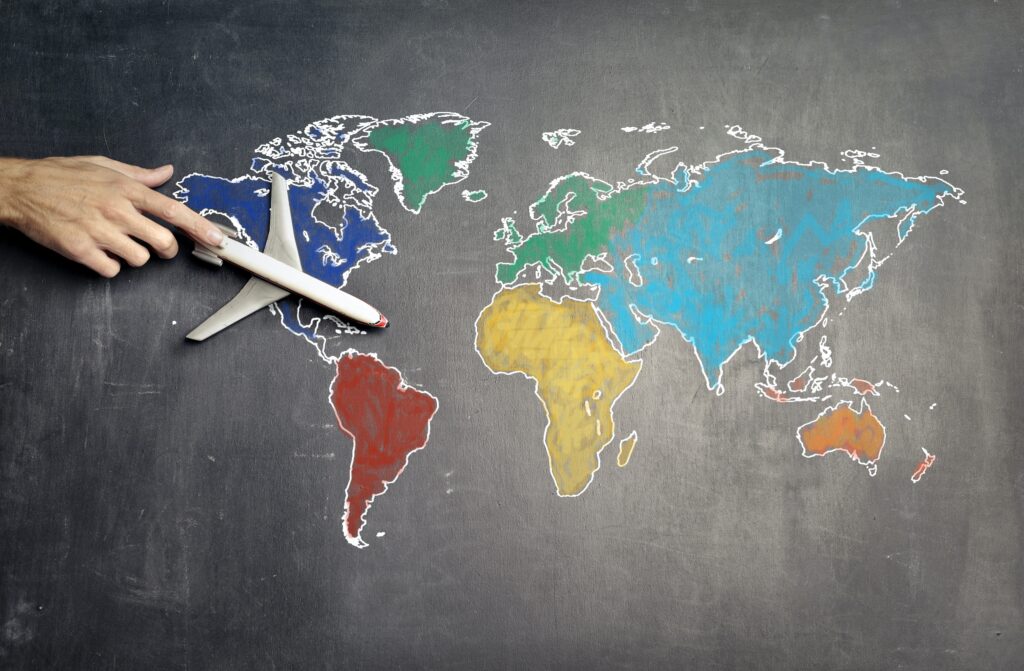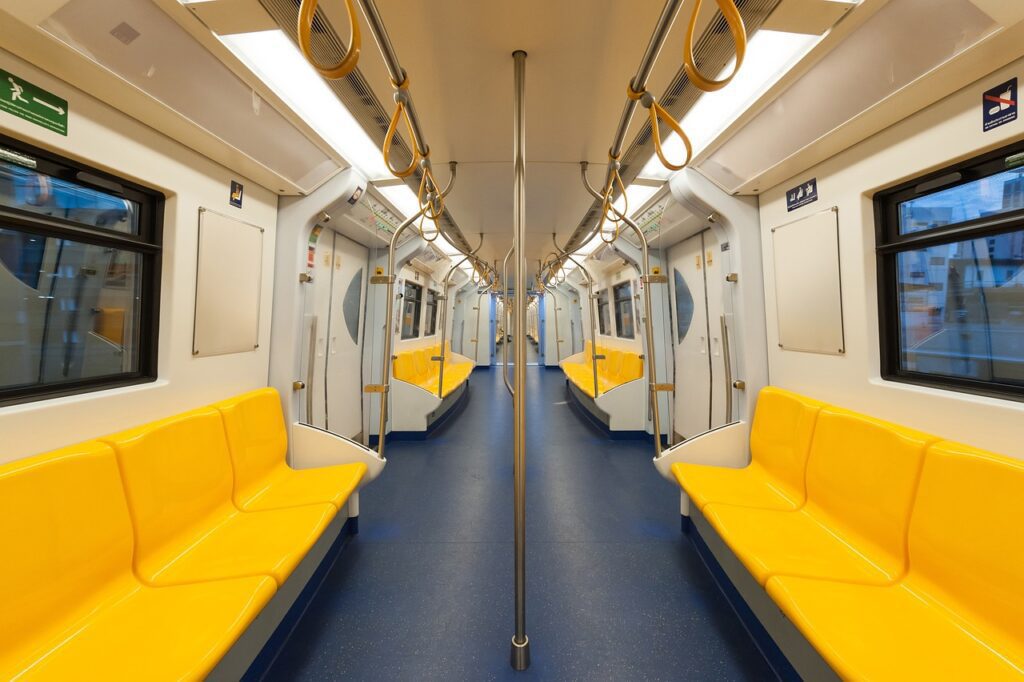Top 10 practical tips for travelling on a budget
Traveling the world, immersing yourself in different cultures, and experiencing breathtaking landscapes a dreams many people share. However, the perceived costs can often hold us back. But here’s the good news: travelling doesn’t have to drain your savings. With careful planning and budget-savvy choices, you can embark on your dream adventure without breaking the bank. Here are the top 10 practical tips for traveling on a budget:
1. Plan Ahead and Do Your Research

This is arguably the most critical step in budget travel. Spend time researching your destination: understand its cost of living, the typical expenses for tourists, and potential areas where you can save money. Tools like online travel guides and forums can be incredibly helpful in providing this information. After gathering these details, map out a rough itinerary and create a tentative budget. While spontaneity can add fun to your travel, having a financial framework in place will prevent overspending. Also, consider your travel dates; shifting your plans by a few days could result in significant savings, especially when it comes to airfare.
2. Travel in the Off-Season

If your dates are flexible, consider travelling during the shoulder season — the period between the destination’s peak and off-peak seasons. During these times, the weather remains reasonably pleasant, but the prices for flights and accommodations drop substantially. Additionally, you’ll face fewer crowds at popular attractions and will have a more relaxed, authentic experience. Do some research to understand the best time to visit your chosen location.
3. Pack Light

The art of packing light is crucial for budget travel. Many airlines charge extra for checked luggage, and those fees can quickly add up. By packing only what you need and making smart choices like opting for travel-sized toiletries and versatile clothing options, you can travel with a carry-on bag alone. This not only saves you money but also the stress of lugging around heavy suitcases. Plus, with fewer belongings, you’ll be less inclined to buy unnecessary items during your trip.
4. Use Public Transportation and Walk

When you arrive at your destination, choose public transportation over taxis or rental cars. Buses, trams, metros, and trains can be a very cost-effective way to get around, and they offer a glimpse into the local way of life. Moreover, consider walking whenever feasible. Not only is it free, but it’s also one of the best ways to explore a new place, discover hidden gems, and immerse yourself in the surroundings.
5. Cook Your Own Meals

Eating out for every meal can quickly eat into your budget. If possible, book accommodations with kitchen facilities and prepare your meals. This approach can significantly reduce your food expenses. Visit local markets to buy fresh produce; they’re typically cheaper than supermarkets, and you’ll be supporting local vendors. Plus, cooking local recipes allows for a deeper cultural experience.
6. Free Activities and Attractions

You’d be surprised at how many free or low-cost attractions cities offer. Many museums and galleries have free admission days. Public parks, local markets, and historic districts provide endless hours of exploration at no cost. In many cities, free walking tours led by local guides provide insightful and entertaining introductions to the area. Just remember to tip!
7. Stay in Budget Accommodations

Instead of hotels, consider budget-friendly alternatives such as hostels, guesthouses, or vacation rentals. Websites like Airbnb and Booking.com offer a wide range of affordable accommodations. These places often come with kitchen facilities, saving you money on meals. Plus, staying in a local home or neighbourhood can provide a more authentic travel experience.
8. Travel with Friends

Travelling with friends or family can lead to significant savings as you can split many costs, including accommodation, transportation, and groceries. Moreover, buying in bulk (e.g., groceries or tickets) often leads to discounts. Plus, shared experiences can make your trip more enjoyable!
9. Use a Budgeting App

Budgeting apps like Mint or You Need A Budget (YNAB) can be incredibly useful for keeping track of your expenses on the go, ensuring you don’t overspend. Many of these apps categorize your spending, allowing you to see where your money is going and identify areas where you can cut back.
10. Take Advantage of Travel Reward Points and Discounts

Many credit card companies offer reward points that can be redeemed for flights, hotel stays, or car rentals. If you don’t have a rewards card, it might be worth considering if you plan to travel frequently. Always keep an eye out for discounts—senior, student, and military discounts are common in many places. Don’t be shy about asking if these are available; the worst they can say is no!
In conclusion, travelling on a budget requires some planning, savvy, and a willingness to step outside the typical tourist traps. But the thrill of exploring new locations, the joy of discovering hidden gems, and the satisfaction of travelling sustainably make it an endeavour worth pursuing. Happy travels!
“We’ve reached the end of our Top 10 countdown, and we’d love to hear from you! Do you agree with our choices, or is there something we missed that you feel deserves a spot on this list? Let’s start a conversation – comment below with your thoughts and ideas. Your input might just influence our next Top 10!”
If you like this you might like Top 10 of the best places in the world to visit






1 thought on “Top 10 practical tips for travelling on a budget”